Generating leads is crucial for any business, but in China’s market, it takes on a unique set of challenges. From cultural nuances and local regulations to a highly competitive landscape, knowing the most effective strategies for lead generation can make all the difference.
In this blog post, we’ll explore key tactics such as inbound marketing development and social media marketing, discuss important considerations like language localization and regulatory compliance, explore partnerships with KOLs and local brands, offer insights into tracking and analyzing data, provide case studies of successful companies in China’s market and lessons learned from failed attempts.
Need a cost effective TP (Tmall Partner) to sell in China?
We are an Official Tmall Partner e-commerce Agency. Our Services: E-Commerce, Search Engine Optimization, Advertising, Weibo, WeChat, WeChat Store & PR.
The Digital Landscape In China
The digital landscape in China is vastly different from what we are accustomed to in the West, and it offers unique challenges and opportunities for marketers looking to generate leads.
With over 1.05 billion internet users as of 2023, China has the largest online population globally. Navigating this digital ecosystem can prove overwhelming without a clear understanding of its dominant platforms.
While giants like Google, Facebook, and Twitter might be household names elsewhere; in China mainland they are blocked due to regulatory reasons. Chinese internet users have a totally different set of platforms and websites that they use daily in Mainland China.
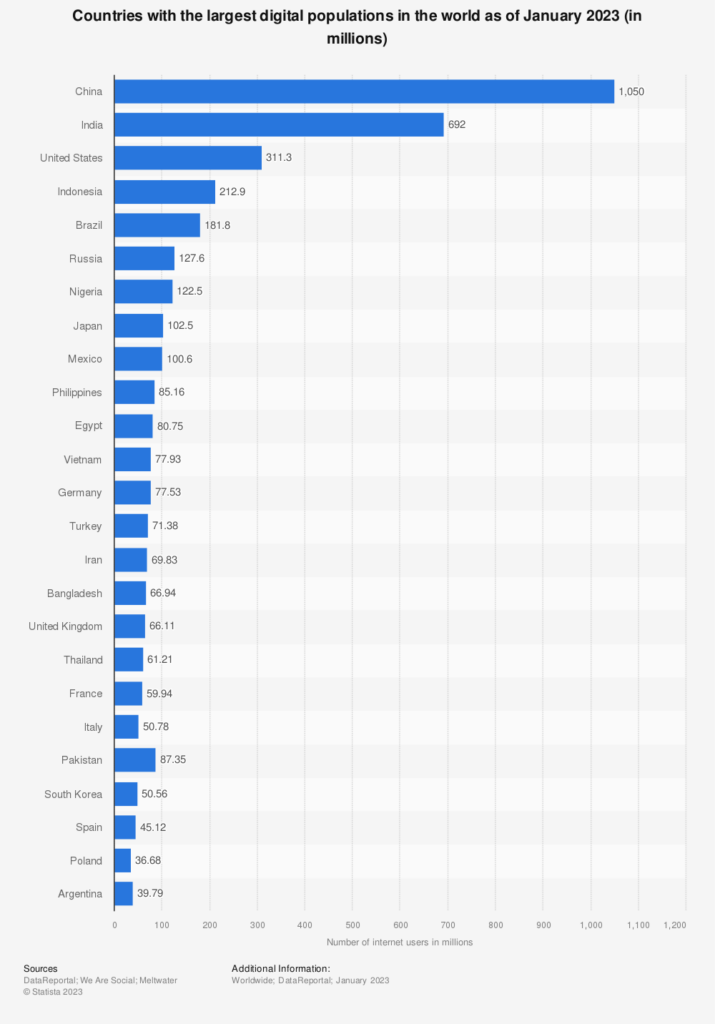
Chinese marketers have mastered creating viral content that resonates with their audience by tapping into cultural preferences and trends specific to China market.
Effective Strategies For Lead Generation In China
To achieve success within this dynamic environment, it is crucial for digital marketing managers aiming at effective lead generation strategies in China to localize their approach—and that includes embracing popular local platforms—as well as adapting your brand’s message and targeting tactics according to cultural customs and nuances prevalent across various areas of this massive market demographic.
Utilize Inbound Marketing Development
Utilizing inbound marketing development is crucial for generating a consistent flow of high-quality leads.
For example, marketers should focus on creating engaging and informative content that appeals specifically to potential Chinese customers in order to attract organic traffic from Baidu, China’s dominant search engine.
Producing localized blog posts or in-depth industry reports can establish your brand as an authoritative source within your niche while providing valuable resources for prospective clients.
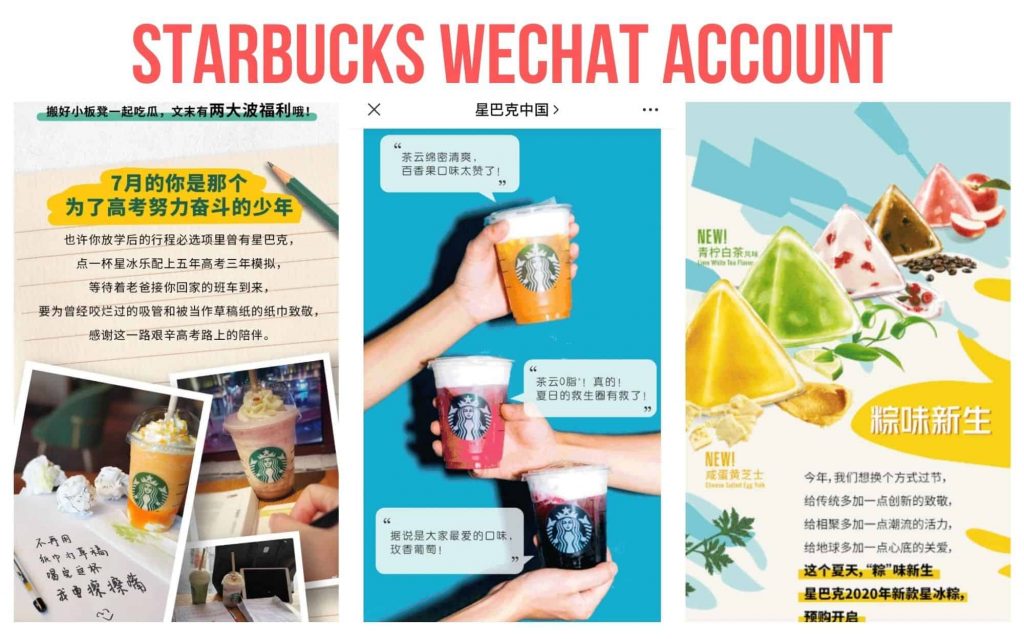
With more than 1.26 billion active users on WeChat alone – not to mention other popular platforms such as Weibo or Douyin – you cannot afford to miss out on the tremendous opportunity presented by social media channels for lead generation in China.
Developing multi-channel campaigns ensures that you reach your target audience where they’re most engaged online.
Capitalize On China’s Dominant Social Media Platforms
One of the most effective ways to generate leads in China’s digital marketing is by leveraging the power of social media, especially on dominant platforms like WeChat, Douyin, Zhihu, and Weibo.
In this section, we will dive deep into how you can utilize these platforms for effective lead generation in China.
WeChat Marketing
With over 1.2 billion active monthly users, WeChat offers unparalleled reach and unique opportunities to engage with Chinese consumers.
One of the primary reasons behind WeChat’s success is its ability to integrate various functions into one user-friendly app – from messaging to e-commerce and loyalty programs.
This integration allows brands to connect with their target audience through multiple touchpoints while creating seamless customer experiences. Official accounts on WeChat can be used effectively by foreign companies looking to increase brand recognition and build loyalty among Chinese customers.
On WeChat brands can create engaging content for WeChat business accounts, offer discounts and promotions, create their own brochure in mini-program, to connect with distributors and Chinese buyers, or create their own shops within the app. There is also an option for managing communication with clients, paid advertising, and many more. WeChat is a very versatile platform you cannot miss in China.
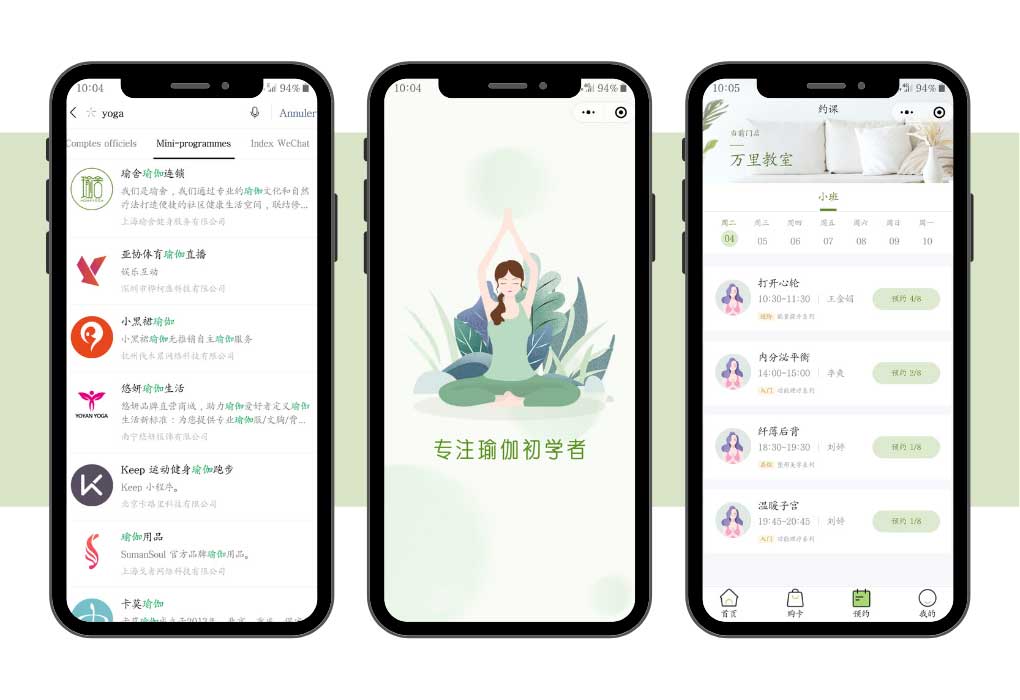
Opportunities In Other Platforms (Douyin, Zhihu, Weibo, Etc.)
Selecting the right platform is crucial for success, and while WeChat dominates the market, other platforms like Douyin, Zhihu, and Weibo can bring opportunities too! Here are some ways to explore these platforms:
- Douyin is a valuable tool for marketing in China, with an estimated 835 million monthly active users. It’s perfect for short video content with a younger audience demographic.
- Zhihu is often referred to as “China’s Quora,” making it an excellent platform for thought leadership content and engaging with industry experts.
- Weibo is China’s second-largest social media platform after WeChat. It’s ideal for building brand awareness, creating engaging content, or influencer marketing.
By exploring these alternative platforms, you can tap into different audiences and tailor your approach accordingly. Don’t miss out on these opportunities that could take your lead generation in China to new heights!
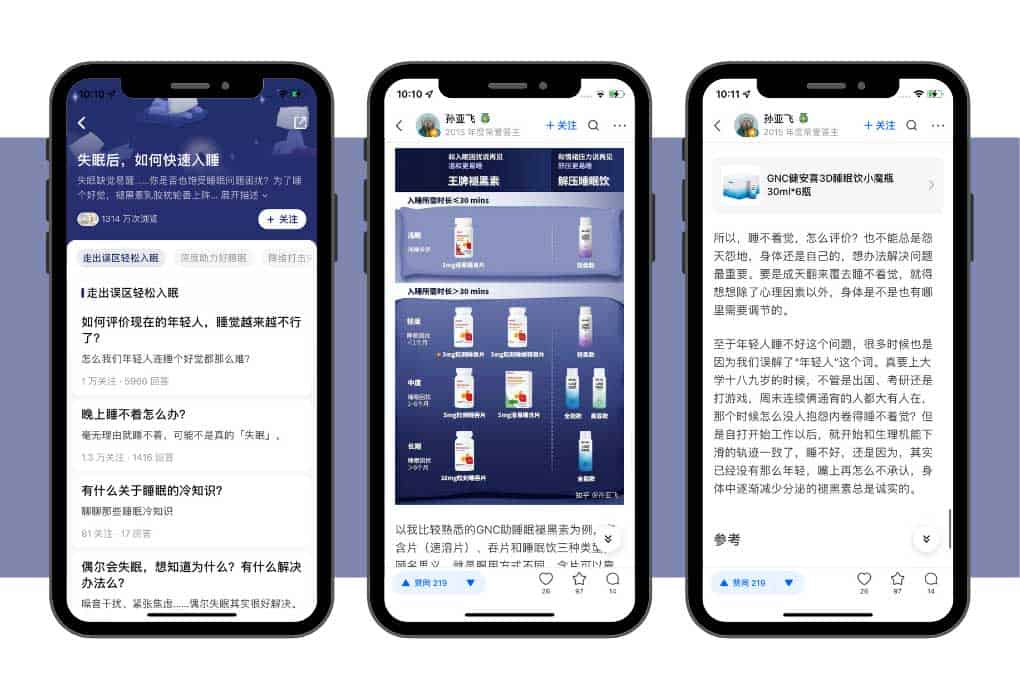
Invest In Paid Marketing Campaigns
Paid marketing campaigns can be a highly effective strategy for lead generation in China. While inbound marketing is crucial to building your brand and attracting customers, paid campaigns can help drive traffic and generate leads quickly.
Global enterprises looking to gain traction with Chinese audiences should consider using BB marketing tactics that promote their products across various channels simultaneously.
With so much competition in the Chinese market, targeting the right audience is key. There are numerous options for paid advertisement, depending on witch platform you want to use it. If you’re opting for search engine marketing and would like some paid help on Chinese search engines, you can start with Baidu advertising.
If you’d rather focus your strategy on Chinese social media platforms, all the ones mentioned above have paid advertising options to chose from, warrying from the most expensive (WeChat) to some cheaper options (Zhihu).
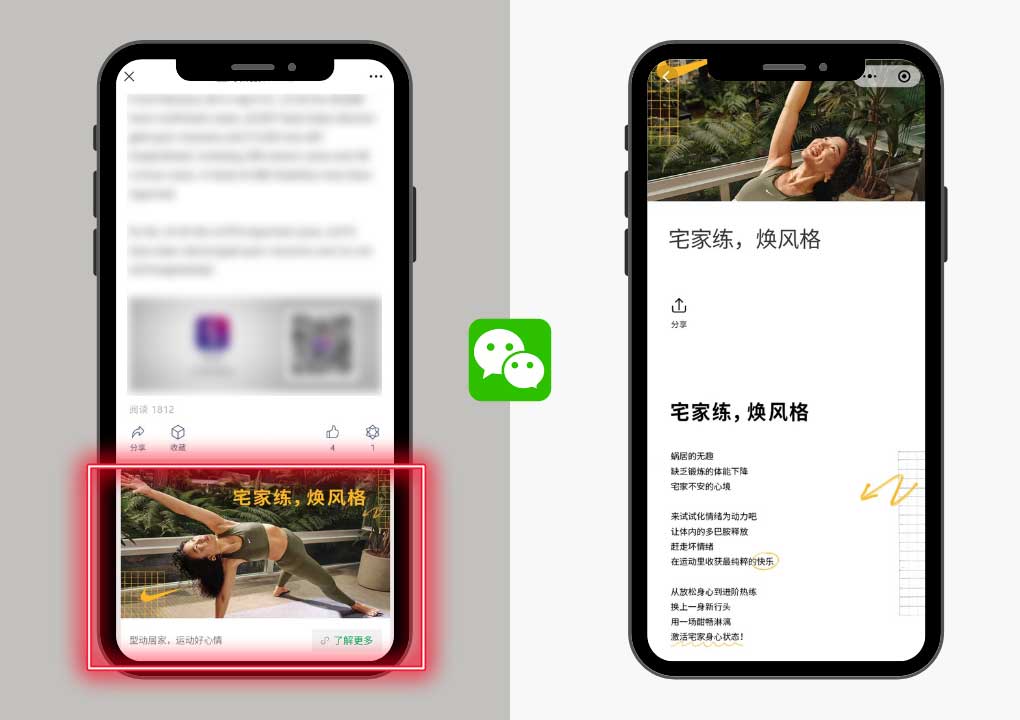
SEO Strategies Tailored For Baidu
Search engine optimization is key to boosting online visibility and generating quality leads. However, when it comes to doing business in China, optimizing for Baidu – the country’s dominant search engine – is crucial.
One effective strategy involves integrating popular local keywords into your Chinese website content and meta descriptions. It’s also essential to ensure your website conforms with China’s regulatory standards and Chinese government requirements, including registering for an ICP license. And, of course, your website needs to be in Simplified Chinese language to be able to rank in Baidu search results.
Additionally, leveraging Baidu’s free analytics tool – Jimuyu – will enable you to track user behavior patterns and optimize campaigns accordingly.
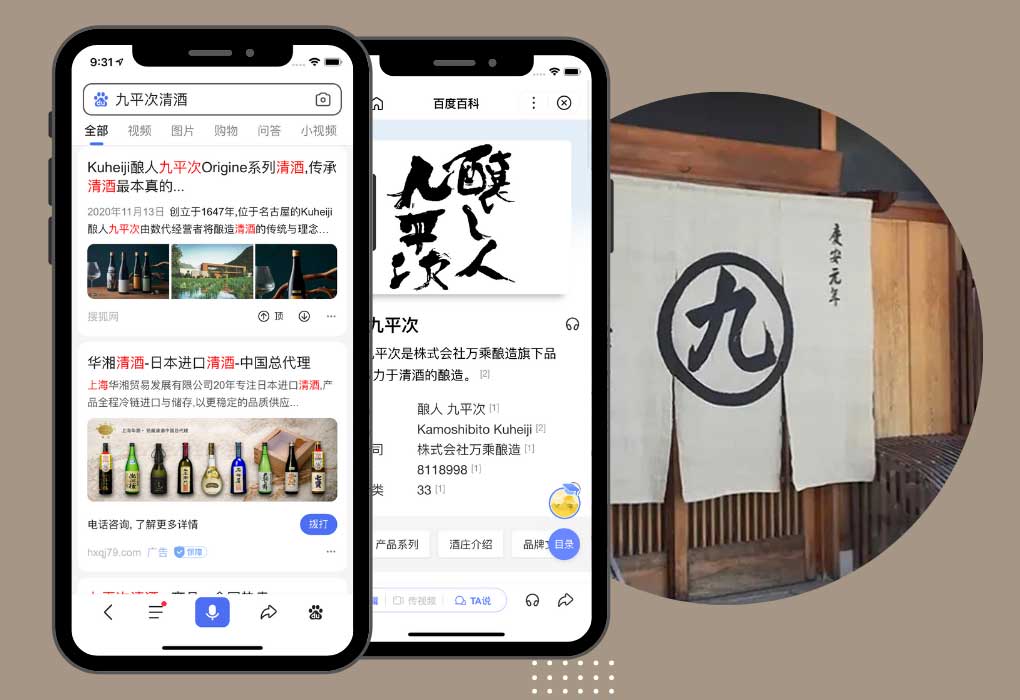
E-commerce Lead Generation
By leveraging e-commerce platforms like Tmall and JD.com, international companies can target specific audiences based on demographics, interests, and purchasing behavior.
These platforms also offer various online marketing tools such as SEO optimization and sponsored ads to further boost visibility and attract potential customers.
Additionally, cross-selling techniques have proven successful among Chinese consumers when it comes to e-commerce sales strategy. For instance, offering complementary products or services during the checkout process enhances customer satisfaction while allowing businesses to generate more leads without necessarily investing heavily in paid advertising campaigns.
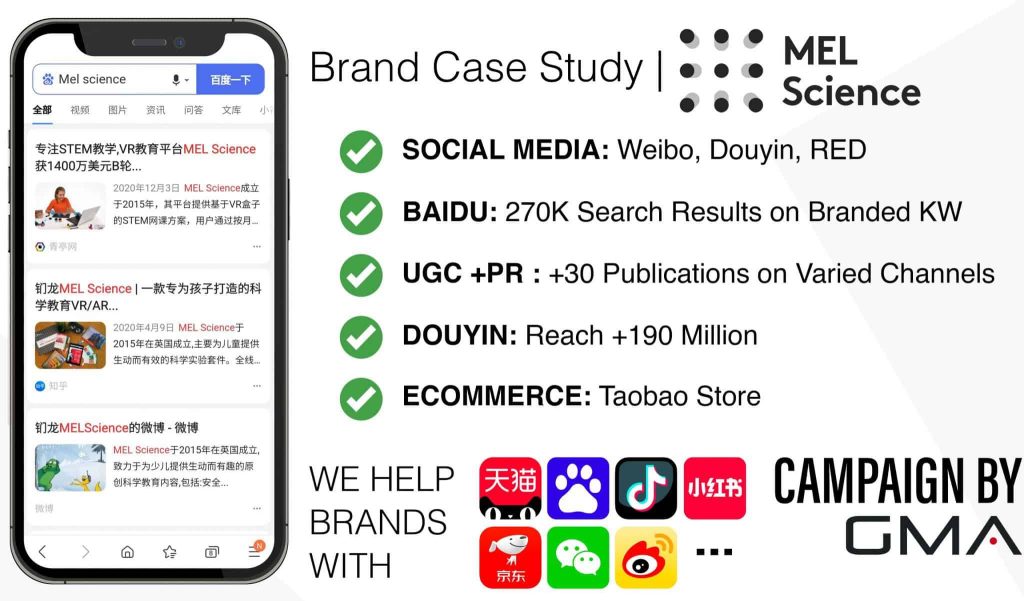
Working With Key Opinion Leaders (KOLs)
KOLs in China are similar to influencers and have a vast fan base that can generate monetary value through content and collaborations with brands.
One successful example of a KOL is Elijah Whaley, who has established himself as an expert on Chinese social media platforms such as WeChat. By partnering with Elijah, foreign brands looking to break into the Chinese market can gain practical guidance on how best to collaborate with KOLs.
Furthermore, it’s essential to understand that KOLs in China are not just a one-off sales tool but should be considered as business partners and PR for brands according to Zuo An Xiao, another Key Opinion Leader in China. Influencer marketing is a huge thing in China and a great addition to traditional methods of lead generation for Western companies in China market.
Cross-promotions And Collaborations With Local Brands
Collaborations and partnerships with local brands are one of the most effective marketing strategies for connecting global brand products and services with Chinese consumers.
Through cross-promotions and joint marketing initiatives, companies can reach new target audiences while also building trust in the local market.
By partnering with a popular local brand or key opinion leader (KOL), global brands can also tap into existing fan bases to generate leads and foster long-term customer engagement.
To build successful partnerships in China’s market, it’s crucial to harness the power of cultural sensitivity by understanding local customs, values, language localization needs; regulatory compliance requirements while navigating China’s legal landscape.

Key Considerations For Building A Successful China Marketing And Sales Strategy
Harnessing local expertise, navigating China’s legal landscape for regulatory compliance, and language localization are all essential factors to consider when building a successful marketing and sales strategy in China.
Email Marketing Doesn’t Work in China
Chinese communication channels differ greatly from those in Western countries. While Westerners rely heavily on email, Chinese consumers rarely check their inboxes. Instead, they gravitate toward instant messaging platforms such as WeChat. This preference spans across B2B professionals as well.
It’s important for foreign companies to realize that email marketing efforts will fall flat in China. These channels aren’t trusted, used regularly, or even compatible with the email providers in the West. To successfully connect with Chinese consumers, optimizing your strategy to the communication channels they favor is crucial. Official WeChat accounts are an effective alternative to emails and newsletters, allowing companies to share content with followers.
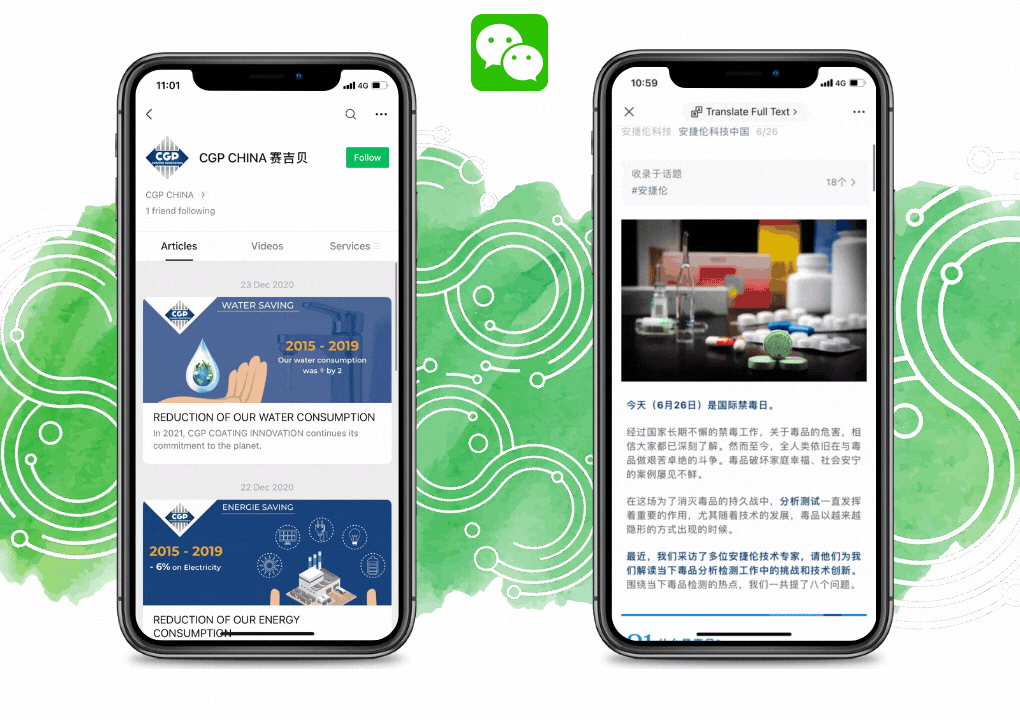
Harnessing Local Expertise
To build a successful China marketing and sales strategy, it is crucial to have access to local expertise. This means working with individuals who fully understand the cultural customs and nuances of the Chinese market.
It may be wise to partner with a local marketing agency or hire staff members who are familiar with the language and unique business practices in China. Additionally, tapping into the knowledge of locals can help identify potential challenges such as regulatory compliance and navigating China’s legal landscape.
We are a China digital agency that can help you generate quality leads in China. Check our services:
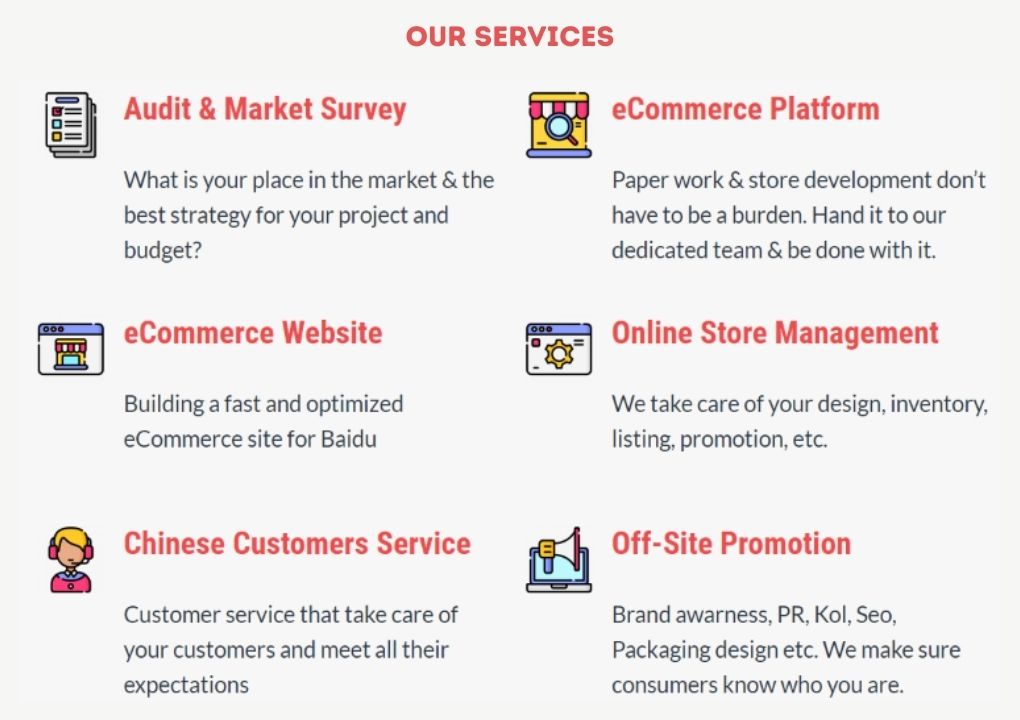
One anecdote highlighting the importance of harnessing local expertise relates to Pepsi’s failed advertising campaign in China in 2018. The ad featured American model Kendall Jenner handing a police officer a cold drink during protests that were reminiscent of Black Lives Matter demonstrations seen throughout America at that time.
As it turned out, many in China interpreted this as insensitive towards recent protests staged by Chinese students themselves which led to outrage on social media platforms like Weibo leading PepsiCo Inc.’s pullout from the ads entirely shortly thereafter.
Regulatory Compliance And Navigating China’s Legal Landscape
The market is vast and complex, with strict regulations that must be adhered to. This includes complying with written laws and also understanding the goals and programs of Chinese leadership. For multinational companies operating in China, data privacy and security are pressing issues.
Manufacturers also face unique legal issues related to their sector. Due diligence is crucial when navigating these challenges as well as addressing compliance concerns.
For instance, policies promoting electric vehicle deployment are being implemented in places like California and China – causing manufacturers to weigh the potential advantages against increased regulatory scrutiny.

Measuring And Analyzing Lead Generation Results
To ensure efficient lead generation in China, it is crucial to track and analyze data using marketing automation tools that provide Chinese-specific analytics and insights.
Tracking And Analyzing Data
Tracking and analyzing data is vital for successful lead generation in China’s market. It helps marketing managers identify what works and what doesn’t work in their campaign, which ultimately leads to better decision-making that improves ROI.
By carefully interpreting metrics such as conversion rates, sales pipeline, target audience behavior, and the effectiveness of multichannel marketing strategies, businesses can fine-tune their lead generation efforts to optimize conversions.
One crucial aspect of using analytics tools is focusing on high-quality data rather than low-quality data. B2B marketers must ensure that they are targeting the right people with their campaigns; otherwise, they risk wasting valuable resources.
In addition, tracking proper data quality metrics will help you avoid potential pitfalls down the line by highlighting areas where improvements are needed in your lead generation efforts.
Utilizing Marketing Automation Tools
Utilizing marketing automation tools can be incredibly beneficial for lead generation in China. These tools can automate certain actions or tasks throughout the customer journey, streamline workflows, and measure campaign outcomes to optimize results.
In China specifically, marketing automation is unique due to factors such as WeChat’s Social CRM capabilities for efficient lead generation. By implementing these tools into your strategy, you can deliver more effective content marketing strategies and ultimately improve lead generation results.

Chinese Specific Analytics And Insights
In order to effectively measure and analyze lead generation results in China, it’s important to understand the unique analytics and insights available. Baidu Analytics is a vital tool for tracking website traffic, user behavior, and conversion rates on the biggest search engine platform in China.
However, there are other key metrics to consider such as social media engagement rates (likes, comments) on WeChat or Weibo campaigns. It’s also important to note that Chinese consumers have different preferences than Westerners when it comes to marketing messages – they may be more responsive to visual content like infographics than lengthy articles.
Case Studies: Success Stories And Lessons Learned
The case studies section will review successful companies that have effectively generated leads in China, as well as analyze failed attempts and provide insightful lessons to learn from them.
Review Of Companies Who Have Done Well
Here are some examples of companies that have done well:
- Nike – used WeChat to create an interactive campaign that allowed users to design their own shoes and purchase them directly through the app.
- Airbnb – partnered with different Chinese companies to provide unique travel experiences for Chinese travelers, gaining brand recognition and trust.
- Coca-Cola – used social media platforms like WeChat and Weibo to create interactive campaigns and engage with consumers.
- Xiaomi – utilized e-commerce platforms like Tmall and JD.com for direct sales, as well as building strong relationships with fans on social media.
- BMW – implemented a localized website tailored specifically for the Chinese market, including information on nearby dealerships and prices in local currency.

Analysis Of Failed Attempts And The Lessons To Learn From Them
As a marketing manager, understanding the lessons from failed attempts in lead generation is crucial for succeeding in China’s market. Here are some key takeaways:
- Lack of Localization: Companies that failed to tailor their campaigns to the local market often struggled to generate leads. Understanding cultural nuances, language differences, and regulatory compliance is vital.
- Poor Platform Choices: Choosing the wrong platforms for lead generation can waste resources and time. Companies need to research and understand which social media platforms are most effective for their target audience.
- Ignoring Analytics: Without tracking data and analyzing results, it’s impossible to optimize campaigns effectively. Companies need to use marketing automation tools and Chinese-specific analytics to measure success accurately.
- Weak Partnerships: Companies that did not partner with local brands or KOLs saw limited success in lead generation efforts. Collaborations can help increase brand awareness and establish trust among potential Chinese people.
- Failure to Adapt: The Chinese market is constantly evolving – companies that fail to adapt their strategies risk falling behind competitors rapidly.
By learning from these mistakes, marketing managers can develop more effective lead-generation strategies tailored specifically to China’s unique market landscape.
Contact Us if You’re Interested in Generating Quality Leads And Improving ROI In China’s Market
In conclusion, by implementing a combination of inbound marketing development, social media campaigns on platforms like WeChat paid marketing strategies, and effective lead generation tools tailored to Baidu’s search engine algorithms and e-commerce sites, businesses can generate high-quality leads in China’s market while improving their ROI.
Unfortunately, as with any market, challenges and opportunities exist for lead generation in China. The constantly evolving digital landscape, cultural customs, and nuances, as well as navigating the legal landscape can pose significant obstacles for companies seeking to generate quality leads and improve ROI.
However, with the right strategies and partnerships in place, the opportunities are endless. With over 1.05 billion active internet users and 900 million mobile phone users in China alone (according to Statista), companies have access to a vast pool of potential customers.

We are your local partner in China and we do everything we can for your business to thrive in the Chinese market. We are a team of Chinese and foreign experts and we offer our experience and know-how needed for lead generation and digital marketing in China.
Don’t hesitate to leave us a comment or contact us to discuss the best, cost effective solutions for your lead generation strategy in the Chinese market. Let’s start today!









We want generate leads to sale real estate property n Dubai UAE